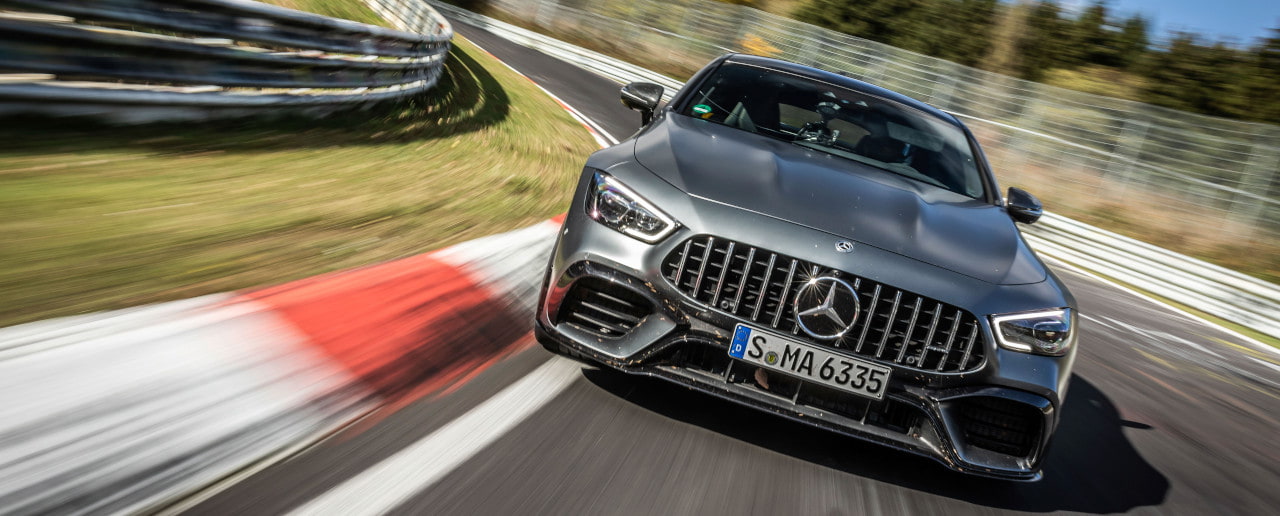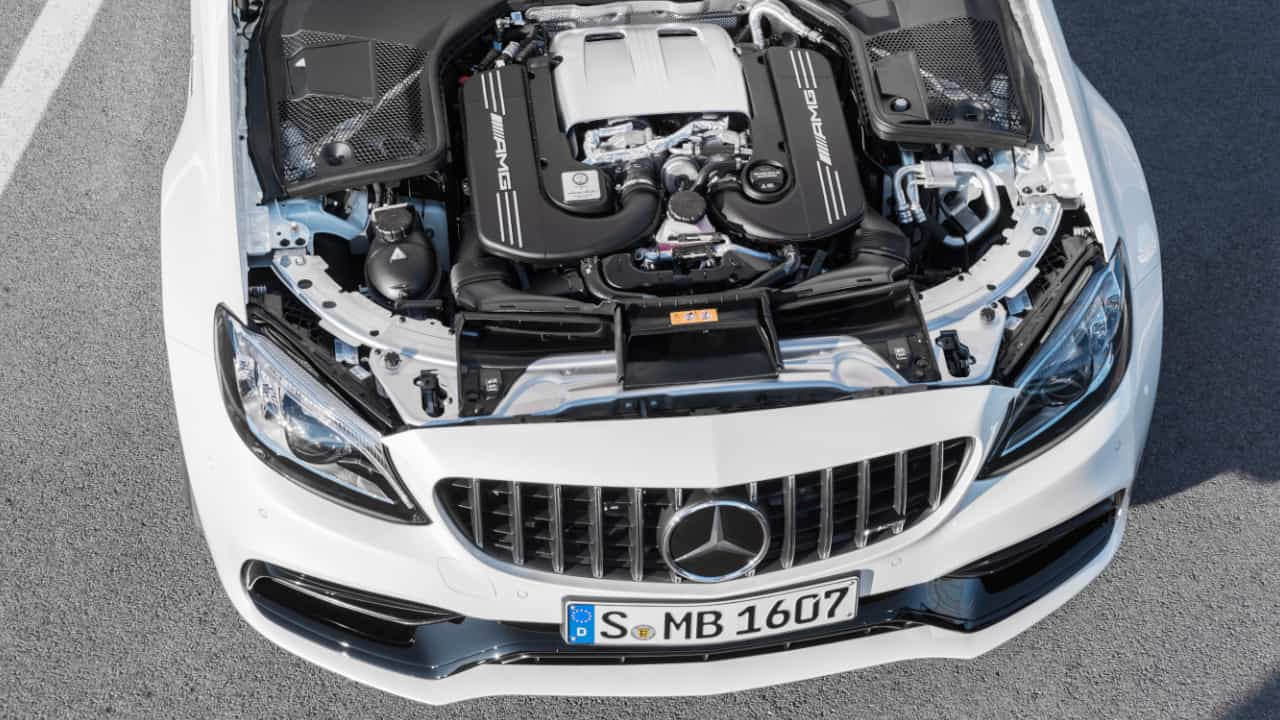What Does Kompressor Mean Mercedes: Understanding The Kompressor Technology In Mercedes-Benz
When you hear the term "Kompressor" associated with Mercedes-Benz, it refers to a specific type of supercharger technology used in some of their vehicles. This technology enhances engine performance by increasing the amount of air entering the engine, leading to improved power and efficiency. But what exactly does "Kompressor" mean in the context of Mercedes-Benz, and how does it differ from other supercharging systems? This article will provide an in-depth look at the Kompressor technology, its benefits, and how it has evolved over the years.
Mercedes-Benz is renowned for its engineering prowess and cutting-edge innovations in the automotive industry. The Kompressor technology is one such innovation that has set Mercedes apart from its competitors. By understanding what the Kompressor system entails, car enthusiasts and potential buyers can appreciate the performance and efficiency gains it offers.
Throughout this article, we will delve into the mechanics of the Kompressor, its advantages, and its impact on the driving experience. Whether you're a Mercedes owner or simply curious about this technology, this article will equip you with comprehensive knowledge about the Kompressor and its significance in Mercedes-Benz vehicles.
Read also:Who Is The Youngest Jenner Discover The Rising Star In The Family
Table of Contents:
- What is Kompressor?
- History of Kompressor Technology
- How Kompressor Works
- Benefits of Kompressor Technology
- Kompressor vs. Turbocharger
- Common Kompressor Issues
- Maintenance Tips for Kompressor
- Mercedes Models with Kompressor
- Kompressor Performance Upgrades
- The Future of Kompressor Technology
What is Kompressor?
The term "Kompressor" in Mercedes-Benz refers to a supercharger, a mechanical device that compresses air and forces it into the engine's combustion chamber. This process increases the oxygen content in the engine, allowing for more fuel to be burned and, consequently, more power to be generated. The Kompressor is a hallmark of Mercedes-Benz's engineering, enhancing both performance and efficiency in their vehicles.
Key Features of Kompressor
Here are some key features of the Kompressor system:
- Increased air intake for improved engine performance.
- Enhanced throttle response for smoother acceleration.
- Efficient fuel consumption due to optimized combustion.
History of Kompressor Technology
The origins of the Kompressor technology date back to the early 20th century when supercharging was first introduced in the automotive industry. Mercedes-Benz, however, perfected this technology and integrated it into their production vehicles starting in the late 1990s. The Kompressor-equipped engines quickly became a favorite among performance enthusiasts due to their impressive power output and reliability.
Evolution of Kompressor
Over the years, Mercedes-Benz has continuously refined the Kompressor system, incorporating advancements such as:
- Improved materials for durability.
- Advanced cooling systems for better efficiency.
- Integration with modern engine management systems for enhanced performance.
How Kompressor Works
The Kompressor operates by using a belt-driven mechanism that powers a compressor, which forces air into the engine's intake manifold. This process increases the air pressure (boost) in the engine, leading to a more powerful combustion cycle. The result is increased horsepower and torque, providing a more dynamic driving experience.
Read also:Mastering Remoteiot Vpc Ssh Raspberry Pi A Free Windows Download Guide
Components of the Kompressor System
The Kompressor system consists of several critical components:
- Compressor unit: The main component that compresses air.
- Belt system: Drives the compressor using engine power.
- Cooling system: Prevents overheating by managing air temperature.
Benefits of Kompressor Technology
The Kompressor technology offers numerous advantages, making it a popular choice for performance-oriented vehicles. Some of the key benefits include:
- Increased horsepower and torque for better acceleration.
- Improved engine responsiveness for a more engaging driving experience.
- Enhanced fuel efficiency through optimized combustion.
Real-World Performance Gains
Studies have shown that vehicles equipped with Kompressor technology can achieve up to 30% more power compared to their naturally aspirated counterparts. This performance boost is particularly noticeable in high-performance models like the Mercedes-Benz SLK and C-Class.
Kompressor vs. Turbocharger
While both Kompressor and turbocharger systems aim to increase engine performance, they operate differently. The Kompressor is belt-driven, providing instant boost without the lag associated with turbochargers. Turbochargers, on the other hand, rely on exhaust gases to power the compressor, which can result in a slight delay in power delivery.
Comparison Table
| Feature | Kompressor | Turbocharger |
|---|---|---|
| Power Source | Belt-driven | Exhaust gases |
| Boost Delivery | Instant | Slight delay (turbo lag) |
| Maintenance | Higher due to belt system | Lower due to fewer moving parts |
Common Kompressor Issues
Despite its many advantages, the Kompressor system is not without its challenges. Some common issues that owners may encounter include:
- Belt wear and tear leading to reduced performance.
- Compressor seal leaks causing loss of boost.
- Overheating due to insufficient cooling.
Signs of Kompressor Problems
Recognizing the signs of Kompressor issues is crucial for timely maintenance. Look out for:
- Reduced engine performance.
- Unusual noises from the engine bay.
- Check engine light activation.
Maintenance Tips for Kompressor
Proper maintenance is essential to ensure the longevity and optimal performance of the Kompressor system. Follow these tips:
- Regularly inspect and replace the drive belt as needed.
- Check for leaks in the compressor seals and address them promptly.
- Ensure the cooling system is functioning correctly to prevent overheating.
Professional Maintenance
For complex issues, it is advisable to seek professional assistance from authorized Mercedes-Benz service centers. Their expertise ensures that your Kompressor system is maintained to the highest standards.
Mercedes Models with Kompressor
Several Mercedes-Benz models have featured the Kompressor technology over the years. Some notable examples include:
- Mercedes-Benz SLK-Class
- Mercedes-Benz C-Class
- Mercedes-Benz E-Class
Model-Specific Features
Each model offers unique features that complement the Kompressor system, enhancing overall performance and driving experience. For instance, the SLK-Class combines the Kompressor with a lightweight design for exceptional agility.
Kompressor Performance Upgrades
For those seeking to enhance their Kompressor-equipped Mercedes, various performance upgrades are available. These include:
- High-performance air filters for improved airflow.
- Upgraded cooling systems for better temperature management.
- Custom tuning options to optimize engine performance.
Professional Upgrades
It is recommended to consult with certified professionals for performance upgrades to ensure compatibility and reliability.
The Future of Kompressor Technology
As the automotive industry continues to evolve, the future of Kompressor technology remains promising. Mercedes-Benz is actively exploring new ways to integrate advanced materials and technologies to further enhance the Kompressor system. With the rise of hybrid and electric vehicles, the Kompressor may find new applications in boosting the performance of hybrid engines.
Innovations on the Horizon
Expect to see innovations such as:
- Lightweight materials for improved efficiency.
- Advanced cooling technologies for better thermal management.
- Integration with hybrid systems for enhanced performance.
Kesimpulan
In conclusion, the Kompressor technology in Mercedes-Benz vehicles represents a significant advancement in automotive engineering. By understanding its mechanics, benefits, and potential challenges, car enthusiasts can appreciate the value it adds to the driving experience. Whether you're a current owner or considering a Kompressor-equipped Mercedes, this technology promises a blend of performance and efficiency that sets it apart in the industry.
We invite you to share your thoughts and experiences with the Kompressor technology in the comments below. Additionally, explore other articles on our site for more insights into the world of automotive innovation. Together, let's continue to celebrate the advancements that shape the future of driving.


